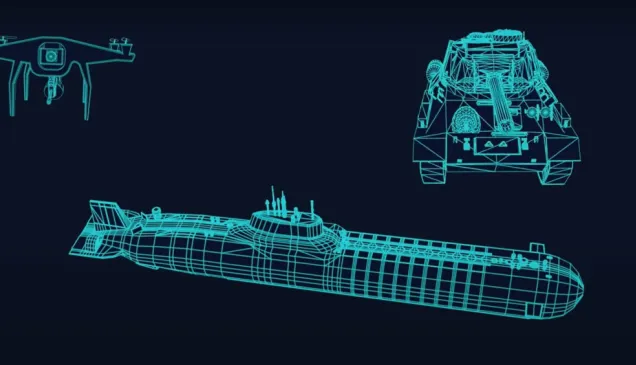Strengthening international humanitarian law
Between 2012 and 2015, the ICRC undertook a major consultation process on how to strengthen legal protection for victims of armed conflict. This involves two tracks of work, one regarding detention in non-international armed conflict, and the other on strengthening compliance with international humanitarian law generally.
For international humanitarian law (IHL) to effectively regulate the behaviour of warring parties, there is a need for both adequate rules and actual compliance with those rules.
In most scenarios, IHL sufficiently addresses the humanitarian impact of armed conflict. It is respect for the law that is lacking. Contemporary armed conflicts repeatedly demonstrate that the most fundamental and universally acknowledged laws of war are often disregarded, and existing IHL does not provide effective mechanisms to stop violations when they occur.
But in certain areas, the rules themselves need strengthening. Deprivation of liberty in relation to non-international armed conflict (NIAC) is one such area.
To address some of these challenges, the ICRC is currently has undertaken a major project on "Strengthening legal protection for victims of armed conflict".
The project focuses on two priority areas:
1. Detention track: The protection of persons deprived of their liberty in relation to non-international armed conflict (NIAC)
The detention track seeks to identify options for strengthening IHL regarding the deprivation of liberty of persons in relation to NIAC. Compared to the detailed body of treaty law regarding detention in relation to international armed conflict (IAC), the treaty law regarding detention in relation to NIAC is very limited.
2. Compliance track: Mechanisms for strengthening compliance with IHL
The compliance track seeks to identify options for improving overall compliance with IHL, by both States and non-State armed groups. Many rules of IHL continue to be violated daily. IHL lacks strong and effective mechanisms for monitoring and promoting compliance. Together, the ICRC and Swiss Government consulted with States and other relevant actors on how to address this weakness.
Consultations
From 2012-2015, the ICRC has been consulting States and other relevant actors on how to address these two areas and to create stronger legal protection for victims of armed conflict. These consultations are taking place within the framework of Resolution 1, adopted by consensus in 2011, at the 31st International Conference of the Red Cross and Red Crescent, following an ICRC Report.
Based on the consultations, the ICRC prepared two Concluding Reports, one on the detention track and one on the compliance track. These summarize the discussions in the respective consultation processes, and set out the ICRC's options and recommendations for the way forward for each initiative. The ICRC also circulated draft elements of two resolutions for the 32nd International Conference, for feedback by Members of the International Conference by 28th August 2015. Based on the feedback received, the ICRC prepared initial or 'zero' drafts, on which feedback from members of the International Conference was sought by 5th October 2015. On the basis of the feedback received, the ICRC prepared and circulated the official drafts to be tabled for negotiation at the conference.
Read: Copies of the concluding reports and draft resolutions



